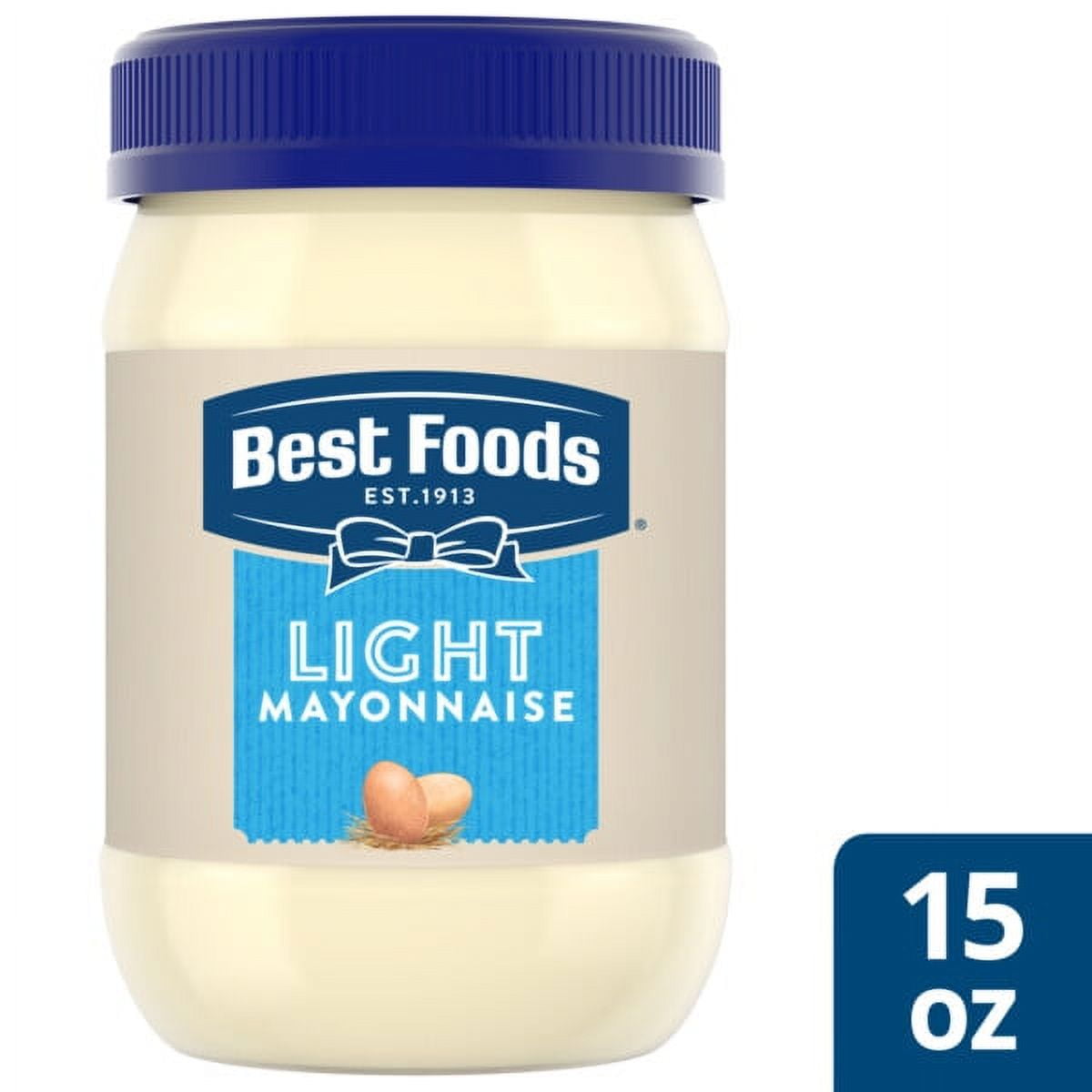How healthy is Alexia Sweet Potato Julienne Fries with Sea Salt?

Navigating Weight Management with Alexia Sweet Potato Julienne Fries
When considering Alexia Sweet Potato Julienne Fries with Sea Salt in the context of weight loss and dietary needs, it’s essential to weigh the pros and cons. While the fries are lower in fat and calories compared to many other snacks, they lack significant fiber content that promotes feelings of fullness. This could lead to snacking on more processed foods throughout the day, potentially hindering weight management goals.
That said, if you choose to include Alexia Sweet Potato Julienne Fries in your diet, it’s essential to do so in moderation and with intention. Integrating these fries as an occasional side can help satisfy cravings while prioritizing more nutrient-dense options.
Practical Tips for Incorporating Alexia Sweet Potato Julienne Fries
To make the most of your meals with Alexia Sweet Potato Julienne Fries, consider these suggestions:
- Pair with Protein: Enjoy the fries alongside a protein-rich dish, like grilled chicken or black bean burgers, to create a balanced meal that keeps you satisfied longer.
- Add Vegetables: Serve the fries with a vibrant salad or roasted veggies to increase fiber intake and nutrients, reinforcing satiety.
- Use as a Tasty Base: Top your sweet potato fries with fresh salsa and a dollop of Greek yogurt.
- Experiment with Flavors: Try seasoning the fries with herbs or spices instead of using dips that might be higher in calories, adding flavor without compromising your goals.
Quick Tips for Weight Management
For optimal weight management, consider pairing Alexia Sweet Potato Julienne Fries with a side of steamed broccoli or a light vegetable stir-fry. This combination not only enhances nutritional intake but also boosts fiber content, helping you feel fuller for longer. Remember, it's not just about the fries—it's about how you choose to incorporate them into a balanced and mindful diet!
Unlock a world of healthier choices by using the GoCoCo app's Food Scanner to effortlessly evaluate and make informed decisions about your food!
Is Alexia Sweet Potato Julienne Fries with Sea Salt good for diabetics?
When considering Alexia Sweet Potato Julienne Fries with Sea Salt within the context of a diabetic-friendly diet, it’s important to focus on balance and moderation. The presence of refined ingredients like rice flour and added sugars makes this product less ideal for maintaining steady blood sugar levels.
To enjoy these fries in a way that supports blood sugar management, consider pairing them with sources of lean protein and healthy fats. For example, serve them with grilled salmon and a side of steamed green beans or toss them into a vegetable stir-fry with chickpeas to add protein and fiber. This not only balances the overall glycemic load of the meal but also adds a variety of nutrients essential for overall health.
Practical Tips for Using Alexia Sweet Potato Julienne Fries
- Serve with High-Fiber Greens: Balance the fries with a large salad featuring dark leafy greens like kale or spinach, as they are low in carbohydrates and high in fiber.
- Top with Protein-Rich Dips: Try pairing the fries with hummus or a yogurt-based dip to include healthy fats and protein, keeping you satisfied longer.
- Incorporate Whole Grains: Consider adding a small serving of brown rice or quinoa to your meal, which can help regulate blood sugar while providing essential vitamins and minerals.
Remember, it’s not about avoidance but rather moderation and smart pairings that allow for enjoyable meals without sacrificing blood sugar control.
To empower your journey in managing diabetes, use the GoCoCo product scanner to uncover nutritional insights, helping you make informed choices every day.
Ingredients in Alexia Sweet Potato Julienne Fries with Sea Salt
When evaluating the healthiness of Alexia Sweet Potato Julienne Fries with Sea Salt, it's crucial to examine the ingredients that make up this ultra-processed snack. Below is a breakdown of the main components:
Ingredient Analysis
- Sweet Potatoes: Naturally nutritious, sweet potatoes are a great source of fiber and nutrients. Sweet potatoes can raise blood sugar levels if eaten on their own — pair them with leafy green vegetables
- Vegetable Oil: This may include high oleic canola oil and sunflower oil.
- Rice Flour and Tapioca Starch: These ingredients are often used as thickening agents and provide minimal nutritional value.
- Cane Sugar and Corn Starch: The presence of cane sugar is a point of concern, particularly since added sugars, even in small amounts, can lead to a cycle of cravings and overeating.
- Sea Salt: While not excessively high, this ingredient does contribute to overall sodium content, which can be a consideration if consumed in larger quantities.
- Additives: The inclusion of xanthan gum, gluconic acid, and other additives serves to enhance texture and shelf life but raises further questions about the product's overall quality and healthiness. These substances do not add nutritional value and are typically included to improve product palatability or extend preservation.
- Gluten and Allergens: Alexia Sweet Potato Julienne Fries contain rice flour and tapioca starch, making them gluten-free. However, be aware of cross-contamination if you have specific allergies.
Can I eat Alexia Sweet Potato Julienne Fries with Sea Salt every day?
While Alexia Sweet Potato Julienne Fries with Sea Salt may not be high in sodium, sugar, fat, or calories, their status as an ultra-processed product means they should not be a staple in your daily diet. The additives and refined ingredients can, over time, lead to more unsatisfactory eating habits and may not support your overall well-being. Instead of incorporating these fries into your routine, consider enjoying them as an occasional treat, or better yet, explore whole, unprocessed alternatives like homemade sweet potato fries baked with a sprinkle of herbs.
To make more informed dietary choices, download the GoCoCo product scanner and gain instant health insights on the foods you consume. Embrace the journey toward holistic health and nourish your body with wholesome, nutrient-dense options!
FAQS
Conclusion on Alexia Sweet Potato Julienne Fries with Sea Salt
In summary, while Alexia Sweet Potato Julienne Fries with Sea Salt can be enjoyed as an occasional treat, their ultra-processed nature and refined ingredients suggest moderation is key. With thoughtful pairings and a focus on balance—with whole grains, low sugars, and mindful eating habits—this product can fit into a health-conscious diet. Ultimately, ensuring diversity and wholesomeness in dietary choices remains essential for overall well-being.




